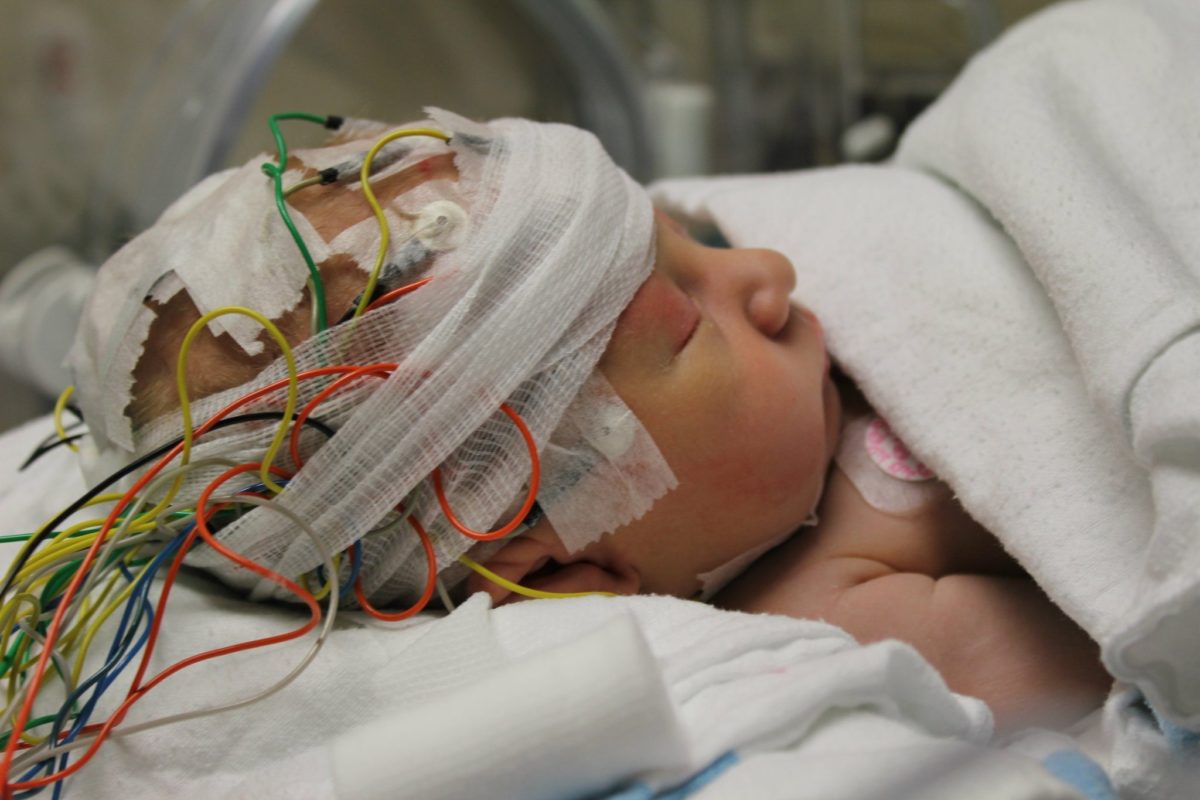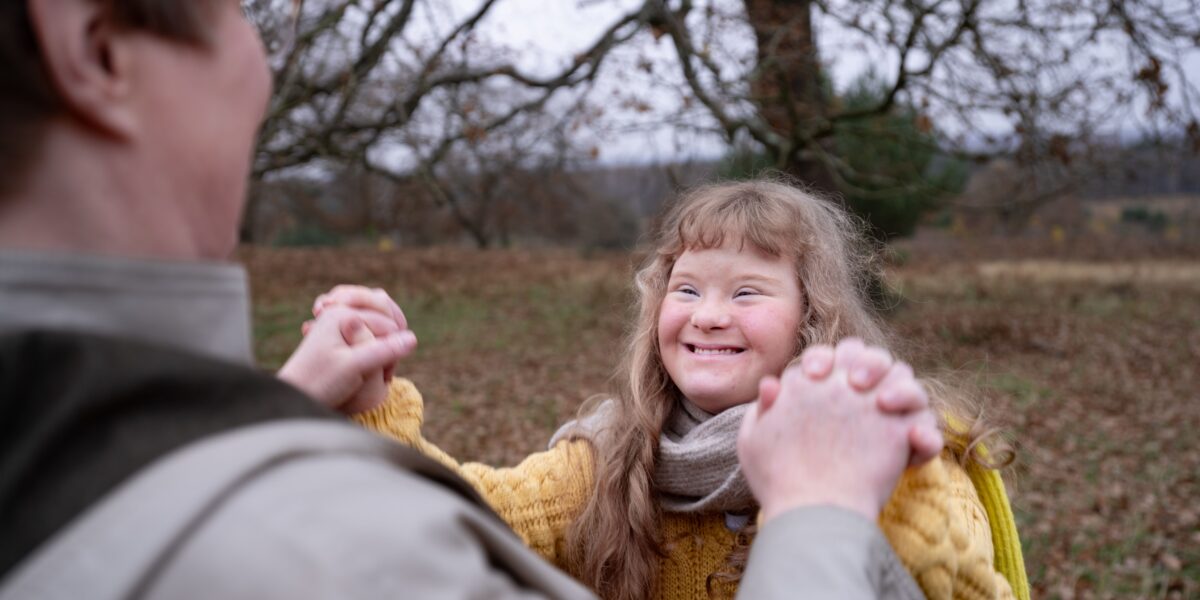We often talk about the fact that we don’t have the right to decide whether the unborn will live or die. But what if we know already that death is certain to be their fate?
Last year a woman named Valerie wrote an article for the New York Times about her difficult abortion experience. Her situation was tragic, considering she wanted this pregnancy very much only to discover her baby had a terminal brain anomaly. Her baby was unlikely to be born alive, and if it was, would probably only live a few minutes. So she got an abortion—and as a Texas resident, she went to great lengths to do it, which instigated her article.
What struck me about Valerie’s story however was not Texas’s (in my opinion, perfectly reasonable) abortion restrictions, but the circumstances which led her to seek abortion in the first place.
Ultrasounds and prenatal testing have enabled us to diagnose many terminal conditions early on in pregnancy, and for parents who receive such a diagnosis, there are a myriad of difficult choices to make. Do you do everything possible to beat the odds? Do you just wait for nature to take its course? Do you terminate the pregnancy?
Valerie’s story reminded me of another story, markedly similar and yet drastically different.
Let me introduce you to Hannah, and to her daughter, Elizabeth.
During her pregnancy, Hannah discovered her baby, Elizabeth, had trisomy 18. Her odds of making it to a live birth were not good, and if she did make it, her life expectancy would be very limited (the median lifespan of babies with trisomy 18 is about a week).
Hannah chose to carry Elizabeth and to do everything possible to give her the best shot at being born alive—which included bed rest, frequent doctors appointments, and even an amnioreduction.
Elizabeth was born at thirty-seven weeks, and got to go home with her family and spend a rich week of life being held by her parents, her siblings, her grandparents, aunts and uncles—she was loved at every opportunity. She passed away when she was a week old. Her life was filled with dignity and love.
I got to talk to Hannah recently about Elizabeth’s story and one thing that struck me was her hope. She and her husband never stopped hoping that Elizabeth’s life might have a different outcome—and not without reason.
While many hear a diagnosis the first time and are immediately encouraged by their doctor to terminate their pregnancy, they should be reminded that sometimes diagnoses aren’t correct. Some who have been given terminal diagnoses and intended to simply carry their babies for as long as they could have, found themselves delivering a perfectly healthy baby.
Of course this is the exception. But hope is a matter of the heart, not the odds—it is a matter of the heart and mind with which we approach complicated pregnancies
Our quickness to give up is telling.
So that is the first problem with abortion after a terminal diagnosis—it leaves no room for hope. But there is another major objection, one that would remain even if there were no hope in the world for a different outcome.
I asked Hannah why it was good for her family to have that week with Elizabeth. She gave me several reasons, explaining how important it was for her family to have that relationship and those memories, that Elizabeth is a part of their family now and that they talk about her all the time.
But then she said something that particularly struck me. “What good are children in general? Why do we have children? Everything that’s joyful about having a child—those are the reasons we wanted to have Elizabeth.”
If life is good for its own sake then its worth has nothing to do with its length—in or out of the womb. How many weeks is too short to call a life—to be a human, or to be worthy of dignity?
There is no minimum.
Life is a gift, and parenthood is a privilege—under any circumstances. The question is, what does love look like now, under these particular circumstances.
Dr. Peter Saunders, CEO of Christian Medical Fellowship, made the point beautifully when he wrote that, in the face of a terminal diagnosis, “Pregnancy is the most intimate form of hospitality. A mother’s womb offers protection, warmth, shelter, food and water within the body of one’s closest relative. There is no form of hospitality that is more intimate or more suited to one whose life is going to be very short.”
How do we treat the dying? We comfort them, we relieve their pain, and we hold them close. This is what human life at any stage deserves. This is exactly what Hannah gave Elizabeth by keeping and delivering her, and I can’t think of a better picture of motherly love.
My heart goes out to Valerie—I know her heart is broken over her lost child. The conversation about abortion in cases of terminal conditions is one we have to have.
Doctors today often pressure their patients to abort if it seems unlikely the child will live. We need to condemn this, and ask our doctors to rise to the challenge of helping mothers walk through the many practical and ethical decisions they will have to make as they seek to care for their children in the womb.
I wonder if Valerie had heard of mothers like Hannah? I wonder if she was really told she had an alternative?













